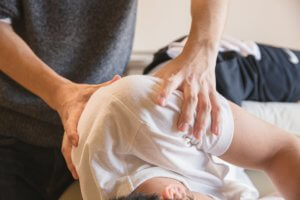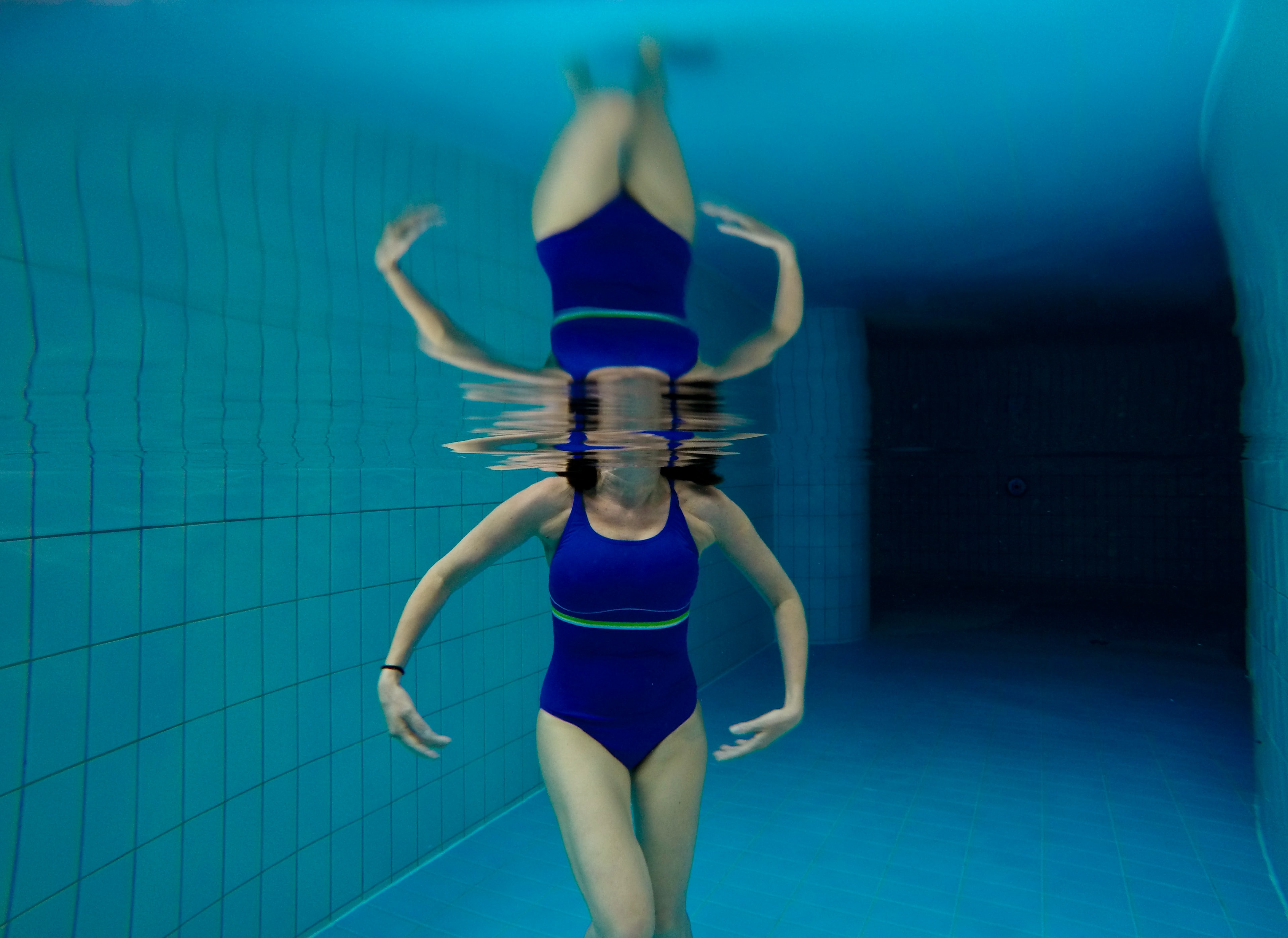Therapeutic recreational activities are designed for people with disabilities. They can be used as part of a comprehensive rehabilitation program or as an adjunct treatment to other services. Research shows that leisure activities have positive physical and mental effects on people with special needs, including increased self-esteem, a better quality of life, improved social skills and a reduced need for care. Recreational therapy helps individuals learn how to manage their emotions in group settings through playing games like bingo or table tennis; it also encourages socialization between participants who may have previously lacked opportunities for friendship due to isolation caused by lack of mobility or communication abilities.

Table of Contents
Therapeutic recreational activities are designed for people with disabilities.
Therapeutic recreational activities are designed for people with disabilities. Therapeutic recreation activities can help people with disabilities to develop new skills and abilities, but they also provide a safe environment where they can socialize and participate in fun activities that will build their confidence.
Therapeutic recreation is not just about physical activity; it includes many other types of activities such as crafts, games, music and dance classes (even if the participants have no physical impairments).
Research shows that leisure activities have positive physical and mental effects on people with special needs, including increased self-esteem, a better quality of life, improved social skills and a reduced need for care.
Research shows that leisure activities have positive physical and mental effects on people with special needs, including increased self-esteem, a better quality of life, improved social skills and a reduced need for care.
The fact that people with disabilities can choose activities such as swimming or dancing is great news for parents who want their children to be happy and healthy.
Recreational therapy can be used to help people learn how to manage their emotions in a group setting.
Therapeutic recreation can be used to help people learn how to manage their emotions in a group setting. This is called active recreation, which means that it involves physical activity as well as social interaction. Therapeutic recreational activities are often designed for people with disabilities who have difficulty communicating or interacting with others, such as those with speech impairments or autism spectrum disorders (ASDs).
Therapeutic Recreation Therapy (TRT) provides opportunities for individuals with disabilities who wish to participate in recreational activities but may not have the ability to do so independently due their disabilities
Therapeutic recreation is also referred to as leisure education.
Therapeutic recreation is also referred to as leisure education. It’s the study of the benefits of leisure activities for people with disabilities, and it’s a field of study that encompasses many different types of therapeutic recreation programs.
In this article we’re going to cover some basic definitions, but if you need more information about what therapeutic recreation means or how it works then please see our page on [therapeutic recreation].
Typical recreational therapy games include bingo, table tennis, arts and crafts, board games, card games and sports teams.
- Table tennis
- Boggle (or Word Searches)
- Checkers
- Chess
- Backgammon
People with disabilities take part in therapeutic games based on their interests!
Therapeutic recreation is based on the interests of the individual, and not all recreation activities are fun. However, therapeutic recreation can be beneficial in a number of ways. For example, it can help with self-confidence and socialization by allowing people with disabilities to interact with others who share their interests (and vice versa).
As an important note: this isn’t always easy! While some games may seem like they’re meant for fun—like dodgeball or basketball—there will also be plenty that are more advanced and require skill sets beyond those required for recreational games like pickleball or bowling.
Therapeutic games encourage people with disabilities to socialize with each other and develop friendships.
Therapeutic games can help people with disabilities to make friends and develop friendships. The games are designed to be fun, so they are an easy way for people with disabilities to socialize. This can lead them to learn more about the world around them, which will help them feel more comfortable in their surroundings and improve their ability to interact with others.
The sensory experience of playing music can help people with developmental or cognitive impairments relax and focus.
- Music can be used as a form of therapy.
- It helps people with autism, ADHD and other conditions to focus on the activity at hand instead of getting distracted by their surroundings.
- Music can help people with dementia or Alzheimer’s disease to feel more relaxed, which in turn reduces their anxiety levels and improves their moods.
Gardening can be an effective tool in behavioral therapy and also help increase mobility skills in people with disabilities.
Gardening can be a fun and relaxing activity. It’s also one that can help improve mobility skills in people with disabilities, as well as increase concentration and focus. This is important because it allows individuals to feel more comfortable in their surroundings, which may result in better social interactions.
Gardening offers many other benefits too: it provides exercise for those who have difficulty getting around on their own; gardening teaches principles of collaboration; and it helps build confidence through self-expression (i.e., growing flowers).
Participation in dance activities can improve hand-eye coordination, agility and balance in individuals with disabilities.
Dance can be a good way to exercise and stay fit. It’s also an effective way to improve hand-eye coordination, agility, balance and flexibility. Dance helps people with disabilities learn how to use their body in new ways or ways they haven’t used before.
Dance instructors will teach you how to dance using different types of music so that everyone has something fun music for practicing on any given night (or day). You could go out dancing every Friday night if you wanted! You’ll meet new friends through this activity as well as people who share similar interests or passions outside of your normal social circle (like sports).
Team-building games teach participants to communicate effectively and work together as a team to achieve a common goal.
Team-building games are an effective way to encourage teamwork, improve communication skills and leadership skills. This can be done in many settings including:
- At work
- In a classroom or school setting (with the help of teachers!)
The team-building game that we will be discussing today is called “Captains Day.” It uses the idea of assigning roles within your group based on what you think each other person would enjoy doing most. For example, if one person is always tired and needs more sleep than others do then they should have that role! You could also give them responsibilities such as leading meetings or organizing events for everyone else so that everyone feels included in those areas without having too much responsibility on themselves either way (which would probably lead towards burnout).
Therapeutic recreational activities provide physical, emotional and social benefits for people with disabilities.
Therapeutic recreational activities are designed for people with disabilities. Research shows that leisure activities have positive physical and mental effects on people with special needs, so it’s important to include them in your treatment plan.
Recreational therapy can be used to help learn how to manage their emotions in a group setting.
Therapeutic recreational activities are a great way to get people with disabilities out of their homes and into the community. They provide physical, emotional and social benefits while they play with others who have similar needs. Therapeutic games can also help improve mobility skills in individuals with developmental or cognitive impairments. Gardening activities are also an effective tool in behavioral therapy and can increase mobility skills in these individuals as well by providing us with fresh produce!


